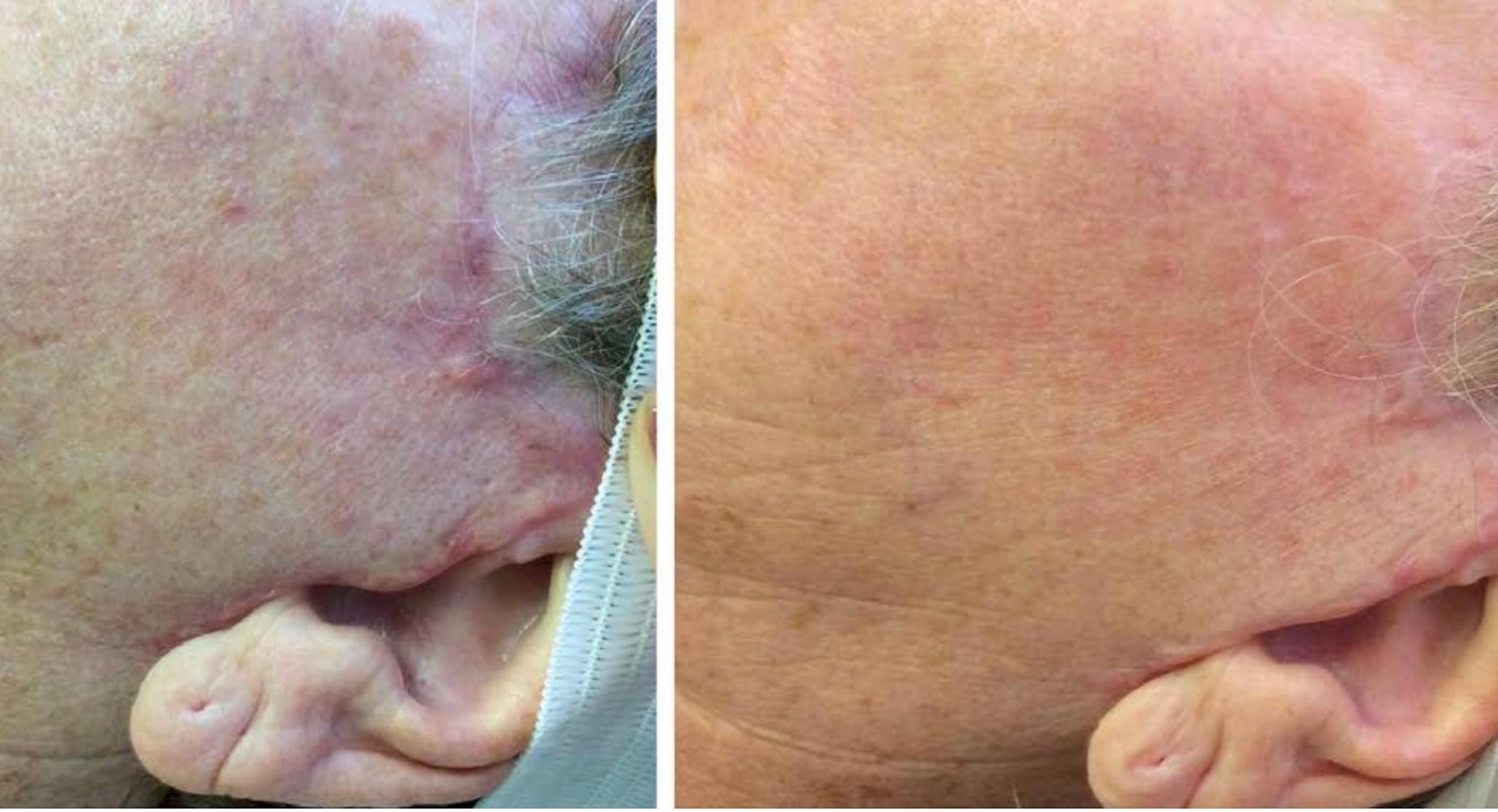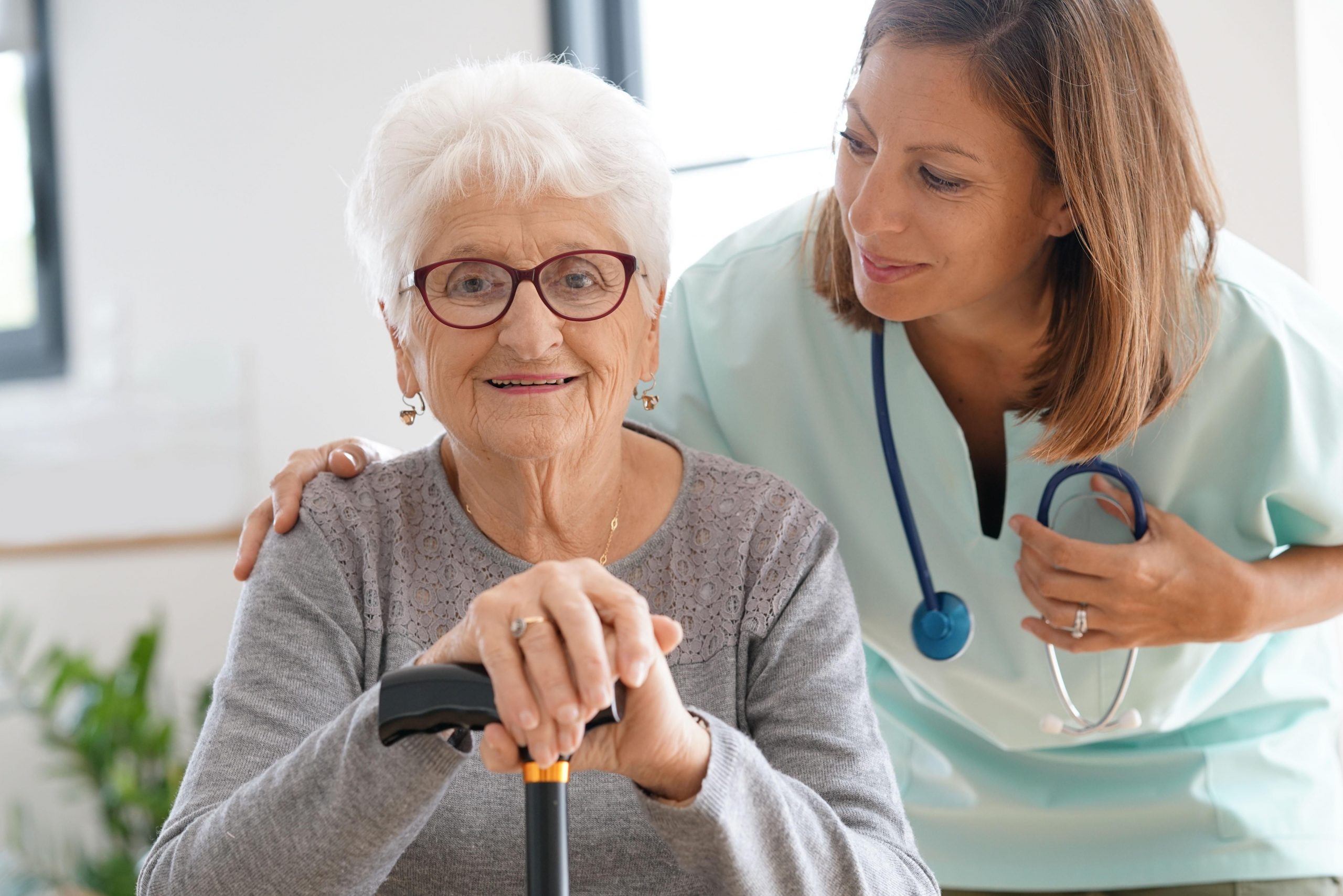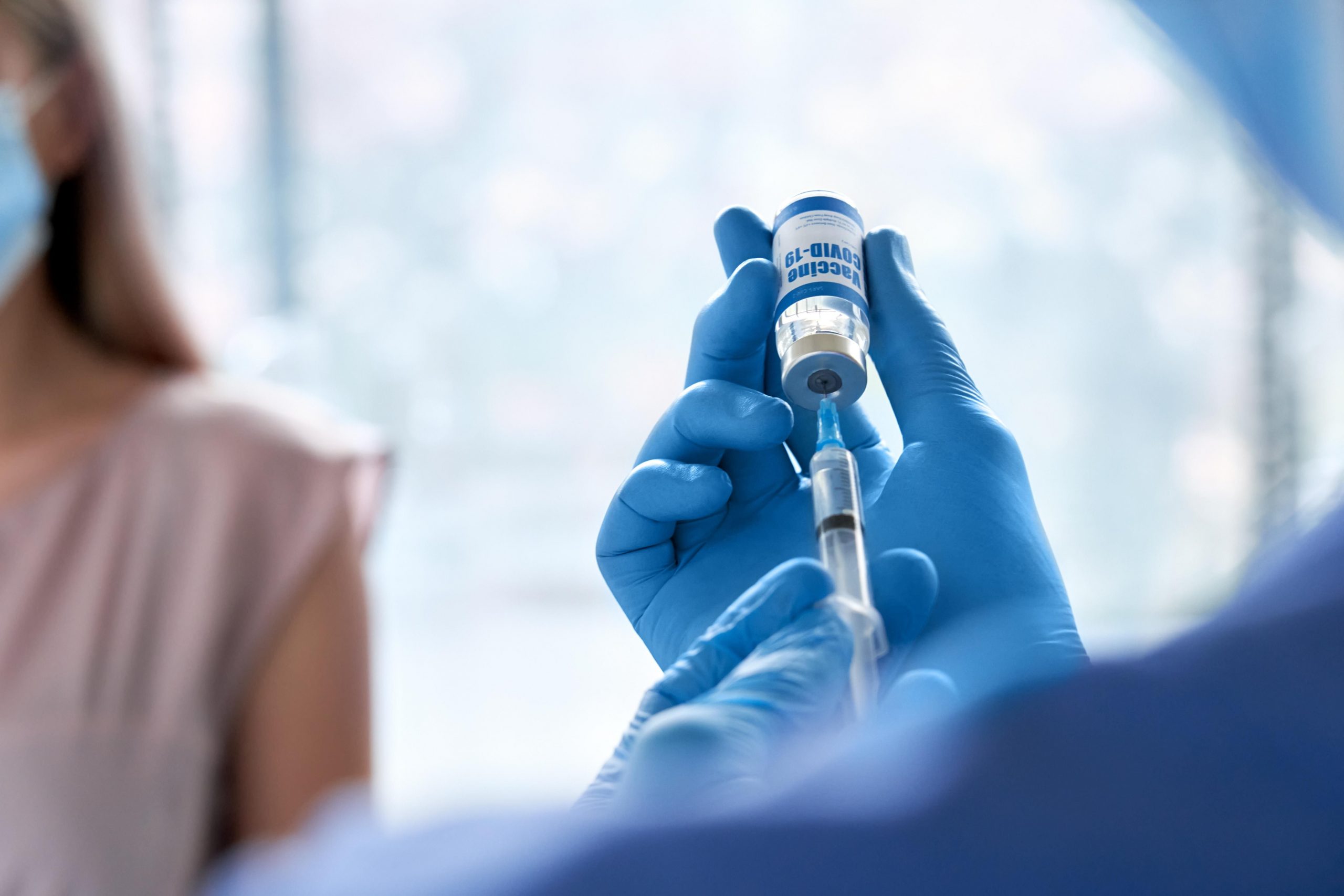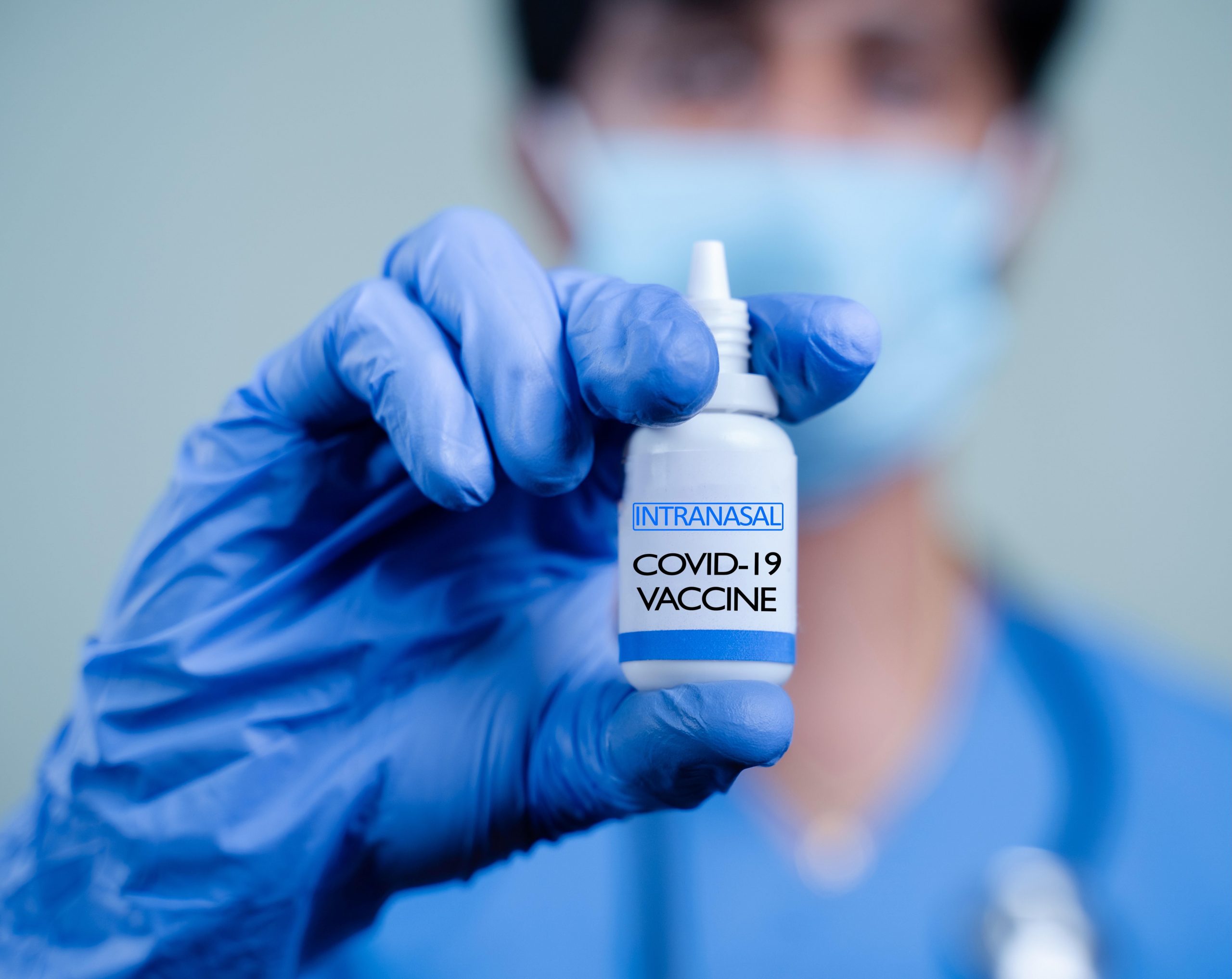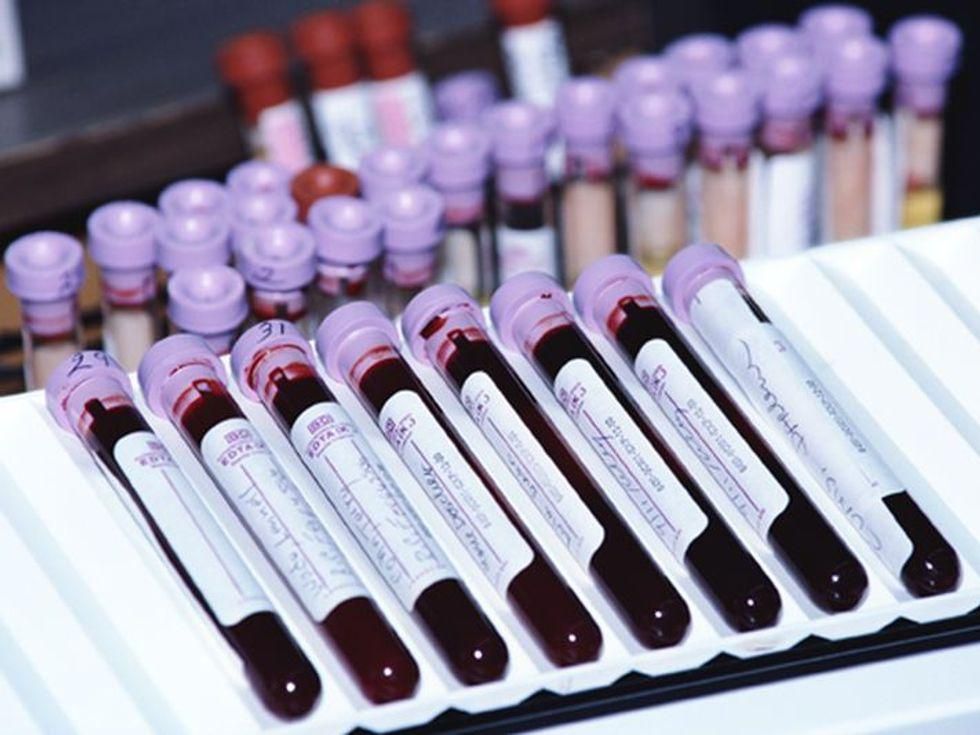
Internet hotheads are often literally that, with hateful tweets rising in number as temperatures soar, a new study reports. Temperatures higher than 86 degrees Fahrenheit are consistently linked to heavy increases in online hate messages, according to a review of more than 4 billion English-language tweets. The researchers identified a “feel-good window” between 54 and… read on > read on >











